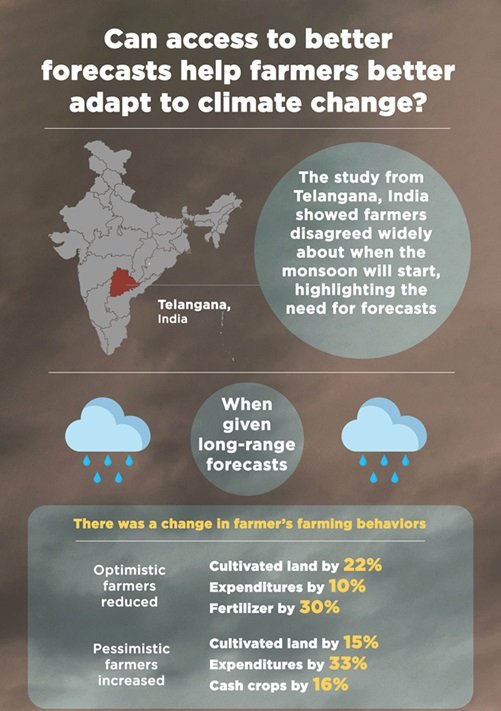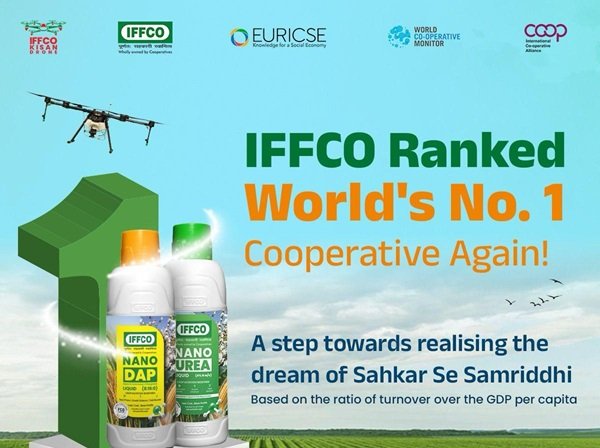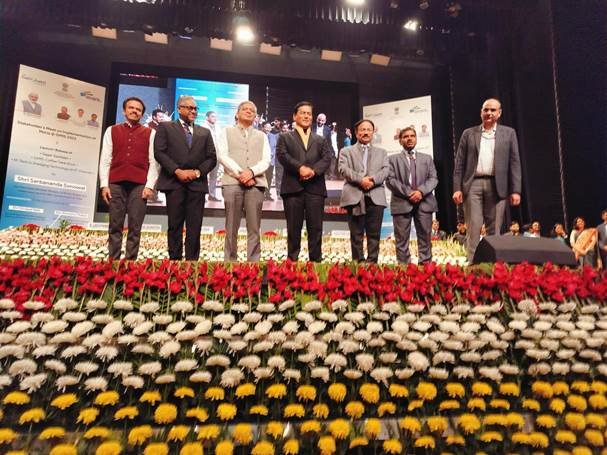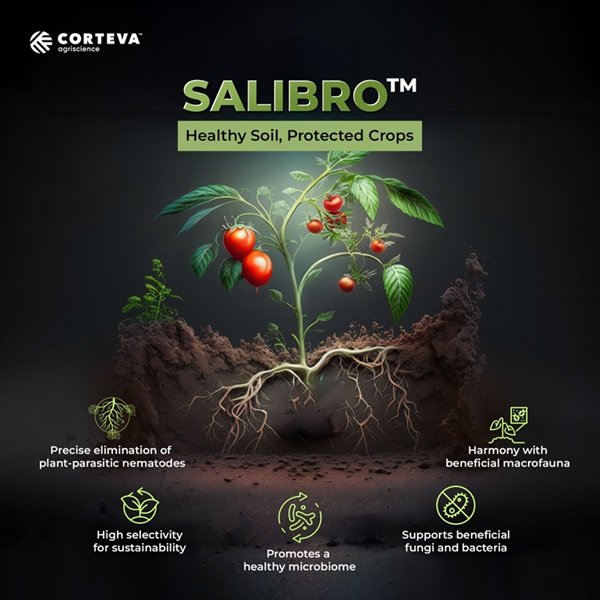US Soybean Export Council launches Soy Excellence Centre in India
The SEC in India will offer training opportunities covering areas such as poultry, feed milling, aquaculture and soy food and beverage processing.
The U.S. Soybean Export Council (USSEC) announced the launch of the Soy Excellence Center (SEC) in India, a pioneering initiative aimed at early-to mid-career protein professionals to support Indian food and agricultural sectors’ sustainable growth. The SEC is designed to foster education advancement for employees and employers in agribusiness, thereby elevating expertise and competencies.
USSEC’s network of Soy Excellence Centers across the globe shares a unified purpose: to improve health and nutrition of communities in emerging markets like India. This is achieved by strengthening the capacity and market potential of businesses within the food and agricultural supply chains through workforce development and training.
The SEC in India will offer training opportunities covering areas such as poultry, feed milling, aquaculture and soy food and beverage processing. These areas focus on providing participants access to modular, on-demand training resources, live seminars, workshops, and ongoing access to a wealth of industry experts from USSEC’s extensive international network.
By launching SEC in India at the India-US Agricultural Synergy Summit, USSEC, together with its investing members like the Illinois Soybean Association and South Dakota Soybean Checkoff demonstrates its commitment to its mission of feeding the minds of those who will feed the world, the next generation of agri-professionals also known as the ‘Tomorrow Solvers.’
Reflecting on the expansion of the Soy Excellence Center in India, Kevin Roepke, Regional Director – South Asia & Sub-Saharan Africa, USSEC added, “The United States and India have a track record spanning decades of bilateral cooperation. These sectors include aerospace, defense, energy, technology and of course agriculture. However, the launch of the India SEC goes beyond collaboration; we expect it to be a catalyst for economic growth, skills development, and capacity building within agribusiness. By establishing the SEC in India, we take a decisive step in empowering India’s youthful workforce with critical know-how, access, and essential skills training.”
On the uniqueness of the courses being offered to early-to mid-career agribusiness professionals, Vijay Anand, Lead – Soy Excellence Center, India shared, “Finding specialized training on subjects unique to our collective industries is hard to find, and we have seen the world over that the Soy Excellence Centers, in partnership with a consortium of international universities coupled with the best-in-class technical instructors, effectively address these challenges. In India as well, the Soy Excellence Center will provide practical industry knowledge and skills through targeted training programs, online and offline workshops, and access to global resources and network. The SEC will aim at elevating on-the-job skills, fostering growth and innovation.”
On the need for such tailored training courses, Suresh Chitturi, Vice Chairman & Managing Director, Srinivasa Farms, a leading player in India’s poultry sector confirmed, “We are excited about the launch of the Soy Excellence Center in India and look forward to the additional opportunities it can bring for growth in our food and agricultural sector. Like in other regions, I am confident that the SEC will enable us to upskill our workforce, solve new problems, bringing to life the vision of making our country an agribusiness powerhouse.” Mr. Chitturi is also the President of International Egg Commission.
On Illinois Soybean Association’s being a principal sponsor of SEC India, Todd Main, Director of Market Development, Illinois Soybean Association added, “The establishment of the SEC India marks a pivotal moment for us at Illinois Soybean Association. As a principal sponsor, we recognize the immense potential of India not just as a market, but as an invaluable business ally. It is our belief that by empowering the Indian agriculture and soy value chain with the right knowledge and skills, we’re not only fostering a thriving agribusiness environment but supporting India as a crucial partner in meeting the needs of our world’s growing population.”
The SEC in India will offer training














